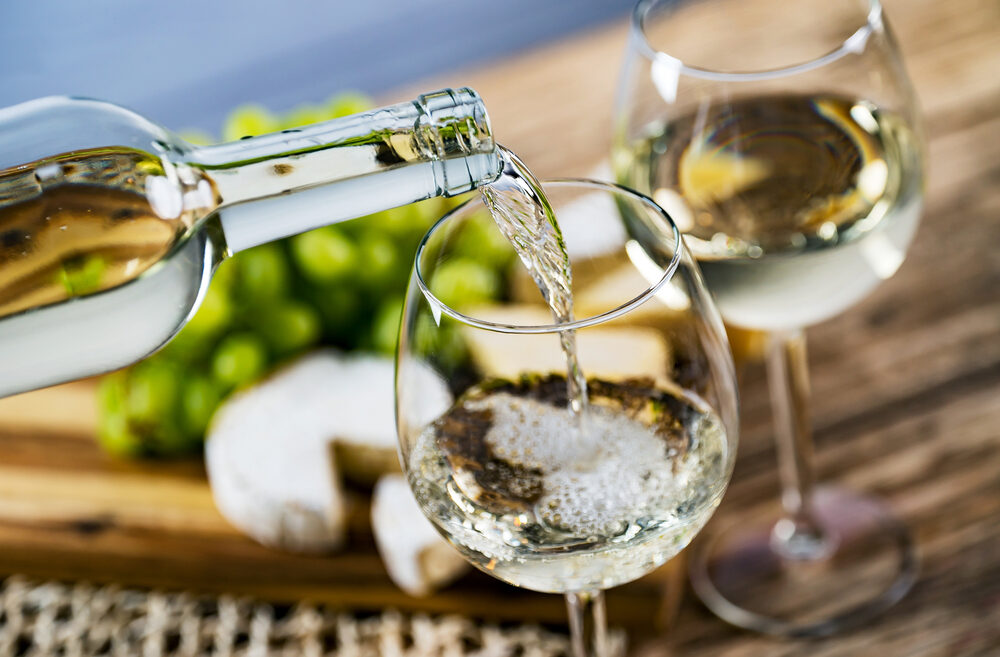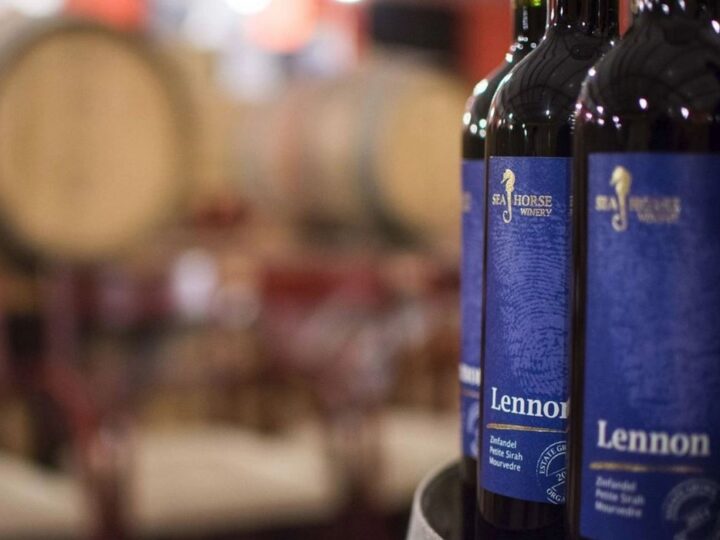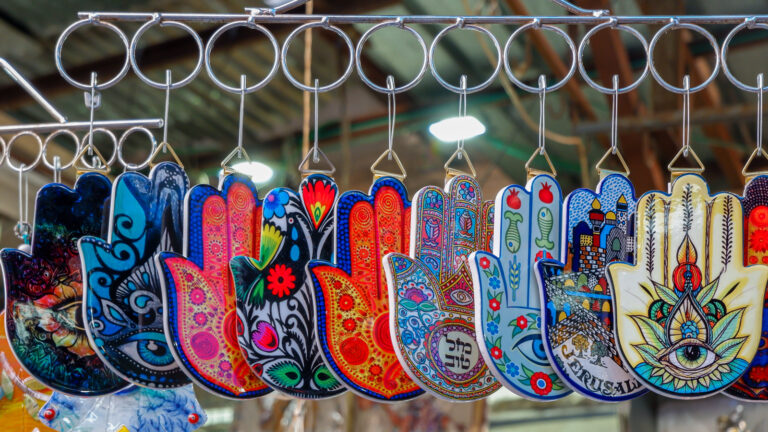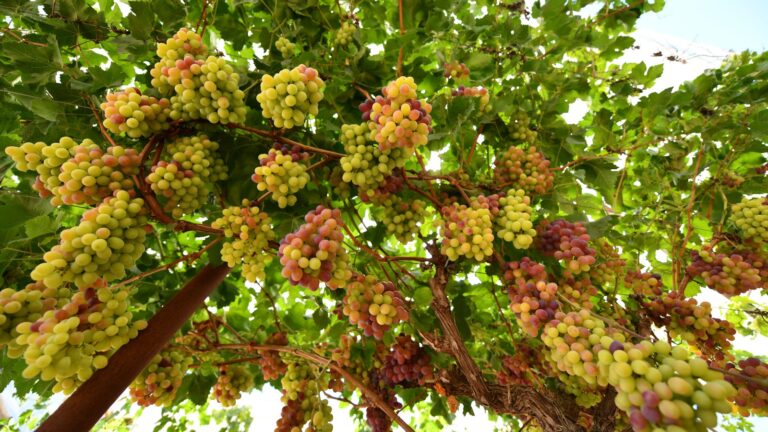Over here in Israel, the holiday of Shavuot marks the beginning of summer season. Outdoor pools open their gates, flipflops become the footwear of choice and watermelons take up permanent residency in the fridge.
Couple the soaring temperatures with the tradition to go all-white during the festival with cheese platters and cheesecakes, and the resulting conclusion is that it’s high time to pop open a fabulous bottle or two of Israeli white wine.
To present you with the best possible choices of a nice, cold glass of wine, ISRAEL21c talked to Chaim Gan, an Israeli wine connoisseur, international wine judge and director of the Grape Man wine school and consultancy firm.
“The wine industry is measured by white wine and not red wine,” he tells us. “White wine is unforgiving; every little glitch harms it.”
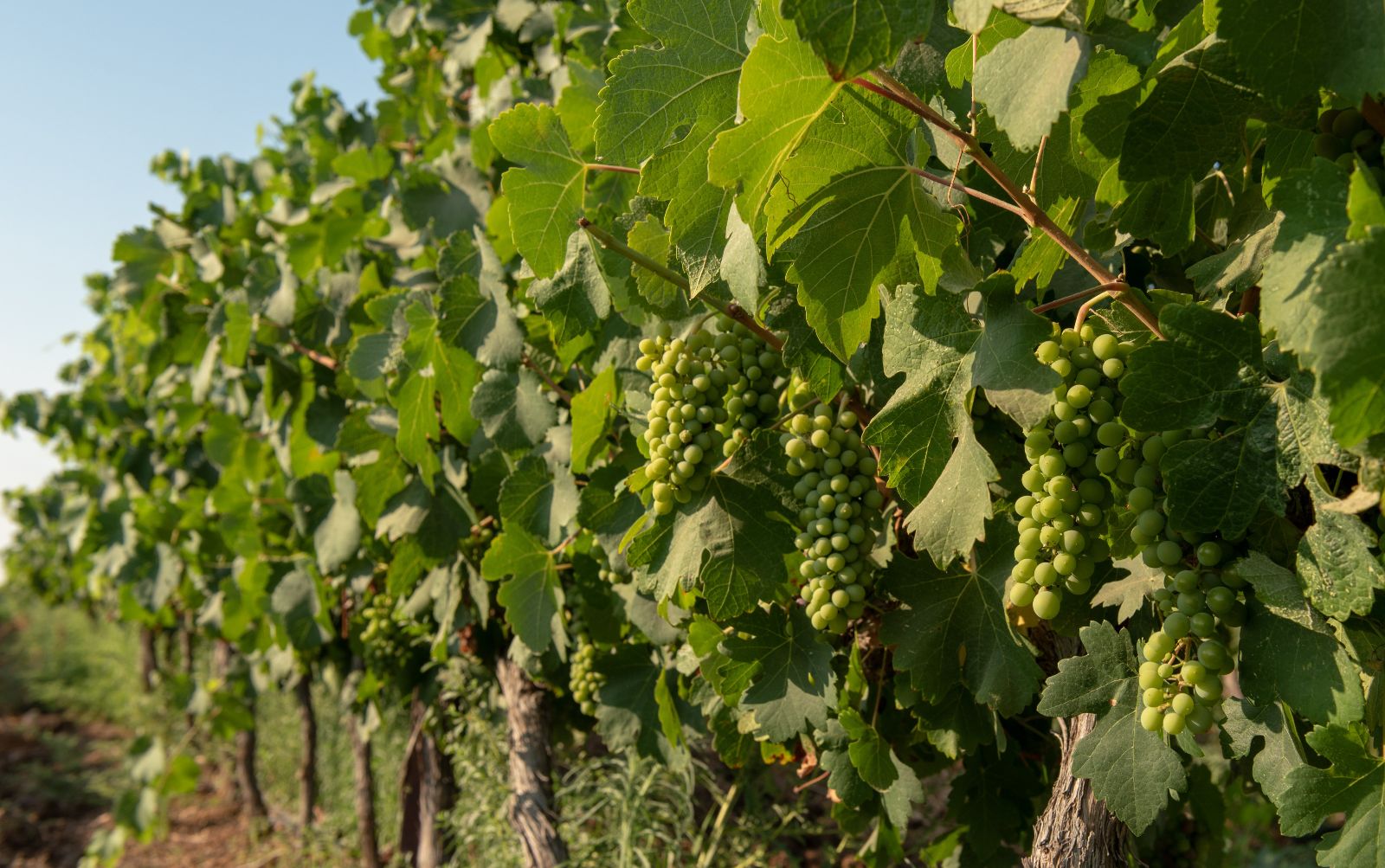
Long considered a top red wine producer, Israel has only been making first-class white wines for the past seven or eight years. And while red wine is still a local favorite, Israelis are slowly but surely developing a taste for whites.
This, Gan says, has a lot to do with the climate. Israelis of all backgrounds and weathers are getting acclimatized to life in this scorching piece of the Middle East. And so are the grapes themselves.
“It’s about the naturalization of suitable white varieties to the Israeli climate. It doesn’t all begin and end with Chardonnay,” he says.
The result is a wide range of dry, crisp and delicious wine available both in Israel and abroad, despite the relatively small size of the local wine industry.
“All our wine in Israel is approximately 60 million bottles a year, which is the size of a small village in France,” Gan notes.
Of this amount, “Israel exports very large amounts to the United States,” he adds.
All wines listed below are available in the United States. Some also can be ordered online and shipped from Israel for your post-holiday pleasure (Shavuot falls out this year on the night of May 28).
Let’s get drinking!
- ‘C’ Blanc du Castel/Domaine du Castel
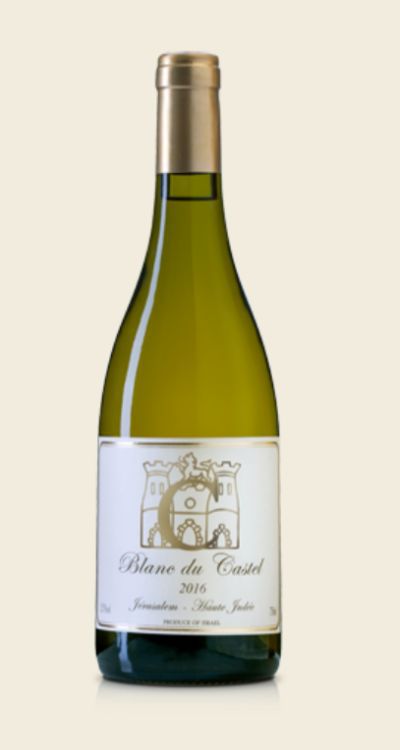
One of the absolute top white wines in Israel, according to Gan, ‘C’ Blanc du Castel is made from 100 percent Chardonnay grapes that are fermented and placed in oak barrels for about a year.
The wine is produced by Domaine du Castel, one of the leading wineries in the country, situated at the Yad Hashmona village outside Jerusalem. On your next visit to Israel, pop over to the winery for a tasting that also includes wonderful reds, all consumed against the magnificent backdrop of the Judean Hills.
- Shoresh Blanc/Tzora Vineyards
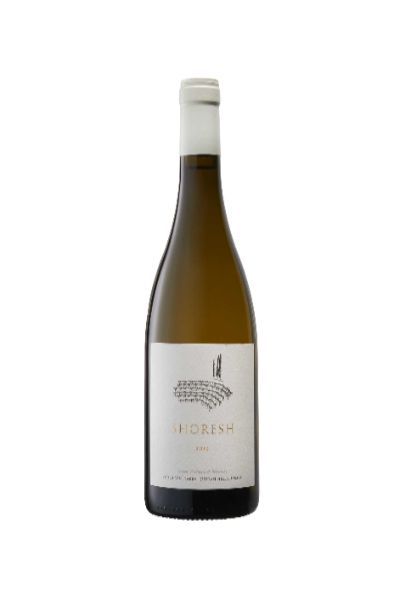
Another favorite of Gan’s, Shoresh Blanc is produced at TzoraVineyards on the outskirts of Jerusalem. Its vineyards lie in the nearby hills, where cold winters, sharp nighttime temperature drops and varied soil all contribute to the unique character of the wine.
Shoresh Blanc is made from 60% Sauvignon Blanc and 40% Chardonnay grapes grown in terra rossa and limestone soil, and the result is a complex, delicious wine.
“One of the top three most impressive white wines in Israel,” Gan notes.
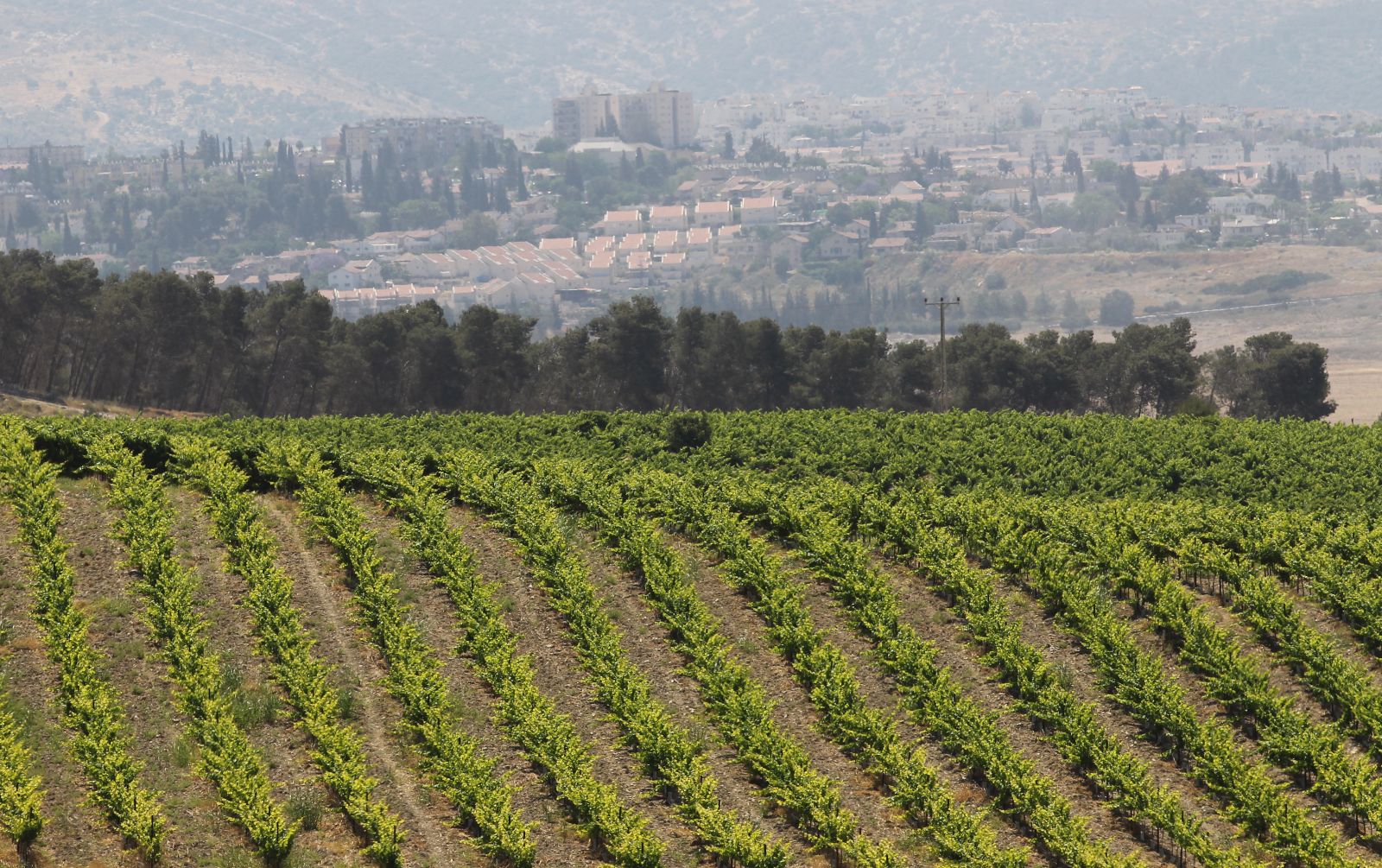
- White Signature/Sphera Winery
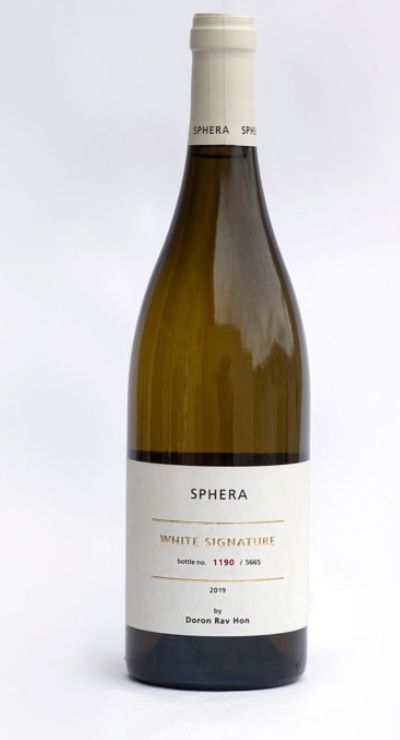
Again a personal favorite of Gan’s, White Signature is one of the most raved-about wines in Israel.
Produced by Sphera Winery, a white wine-only boutique winery operating in the Judean Hills, White Signature is a limited and numbered edition of wines aged in French oak barrels for 10 months. Its relative rarity makes it extra-special. (Note: Sphera wines are not certified kosher.)
- Flam Blanc/Flam Winery
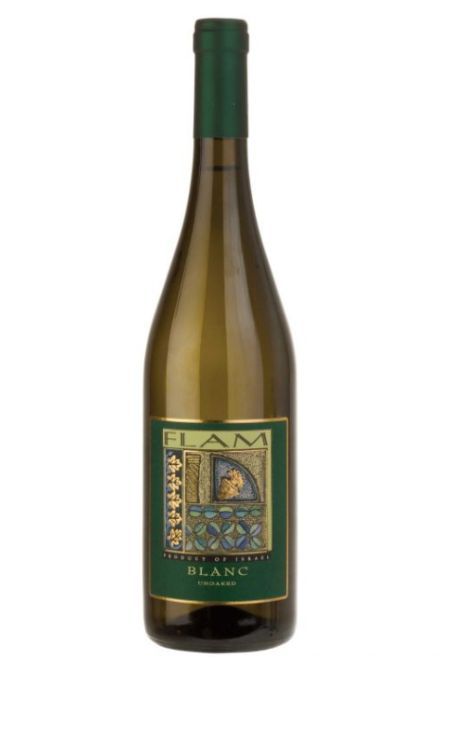
“Flam Blanc is a fun wine,north-Italian in style,” Gan says of this offering from the popular Flam Winery. “It’s dry, mineral, and would go very well with pastas, cured meats and salads.”
Originating in the Judean Hills rather than northern Italy, Flam Blanc is a blend of Sauvignon Blanc and Chardonnay aged in stainless steel, making it fruity, fresh and crisp. A great option for a picnic – just make sure to keep it cold.
- Chenin Blanc/Nana Winery
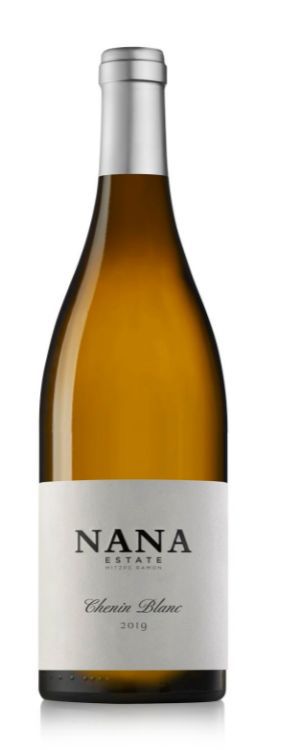
Nana Winery is located in another hilly part of Israel –Mitzpeh Ramon in the Negev Desert.
Nana’s vineyards were planted back in 2007 when viticulturist Eran Raz, whose nickname is Nana, tested the soil and found proof of ancient terraces in the desert hills, suggesting that vines could indeed be grown in the unusual surroundings.
“They make very, very high-quality white wines,” Gan notes.
We recommend the Chenin Blanc, a dry, medium-bodied wine that would make a great gift with an even greater story. (Note: Nana wines are not certified kosher)
- Exodus/Ramat Negev Winery
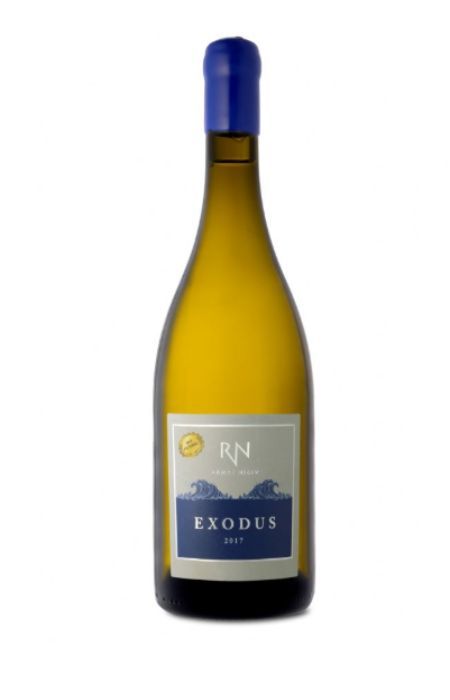
Still down south, Ramat Negev is a pioneer of Israeli desert wineries. The winery started operations in 1997 and has undergone several transitions. It now boasts wines from the Negev highlands region, producing some 200,000 bottles a year.
“Their white wine is incredible,” Gan says. “Their super premium is Exodus.”
Produced from Chenin Blanc grapes harvested from a single vineyard and then aged in new French oak barrels for 10 months, the wine is not filtered so that its quality and taste are preserved. Definitely special, and definitely a winner.
- Volcanic Chardonnay/Odem Mountain Winery
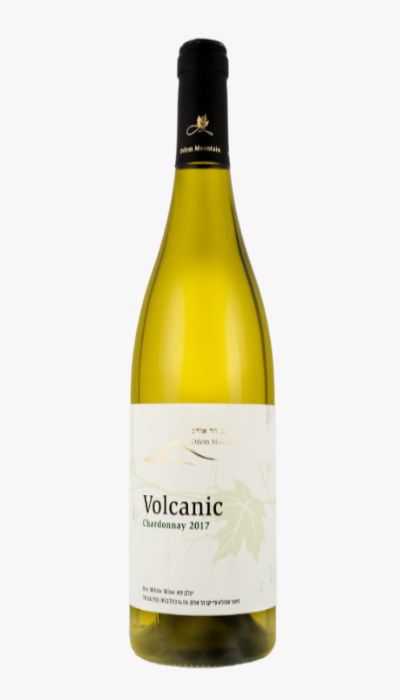
Nestled at 1,100 meters above sea level in a village in the Golan, Odem Mountain Winery is the most northern winery in Israel. Its vines grow in volcanic soil and enjoy snow in winter and temperate weather in summer, creating a unique wine in the Israeli landscape.
Gan’s choice here is the Volcanic Chardonnay, an oak-aged dry wine that can be enjoyed all the way up to 2026. If your patience allows, that is.
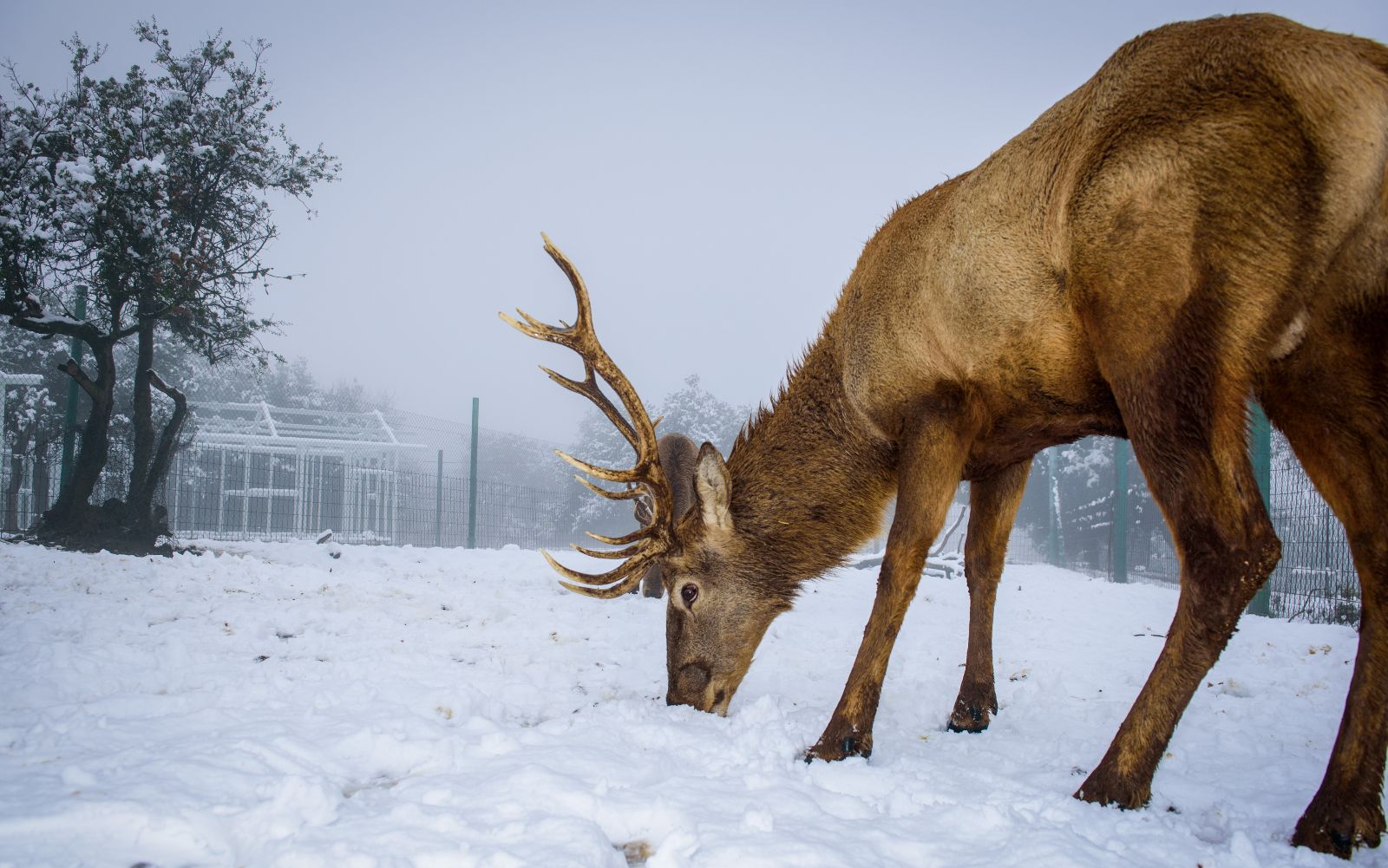
- Kerem Nachal Yasaf Dry Riesling/Kishor Winery
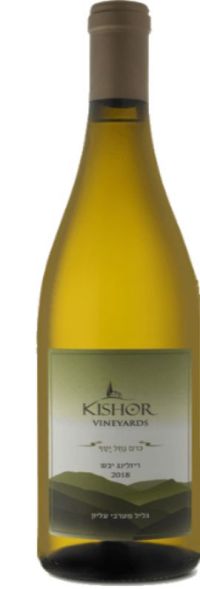
Located in the Western Galilee up north, Kishor Winery was established in 2010 in a village for people with special needs called Kfar Kishorit. Village residents work in the vineyards and the winery.
Here too, the vineyards grow on a mix of terra rossa and limestone soil, and the temperature differences between day and night also contribute to the character of the grapes.
While these include 11 different varieties, Gan recommends the Riesling, which is unusually dry. “It’s lovely,” he says.
- White Tulip/Tulip Winery
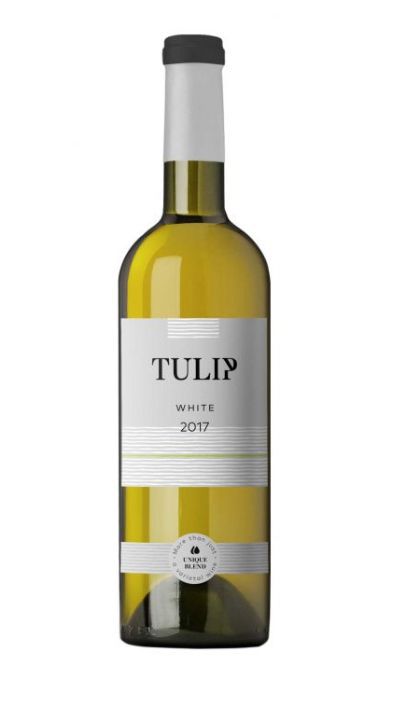
Tulip is one of Israel’s best-known wineries, and for good reason. A family-run operation, the winery works out of Kfar Tikvah, a village for people with special needs located in the Jezreel Valley.
White Tulip is one of its popular blends, made of Gewurztraminer and Sauvignon Blanc grapes aged in stainless steel vats that preserve its fresh taste.
“It’s a very nice wine,” Gan summarizes, pointing out the expansive array of Tulip wines from which to choose.
- LaVie Blanc du Castel/ Domaine du Castel
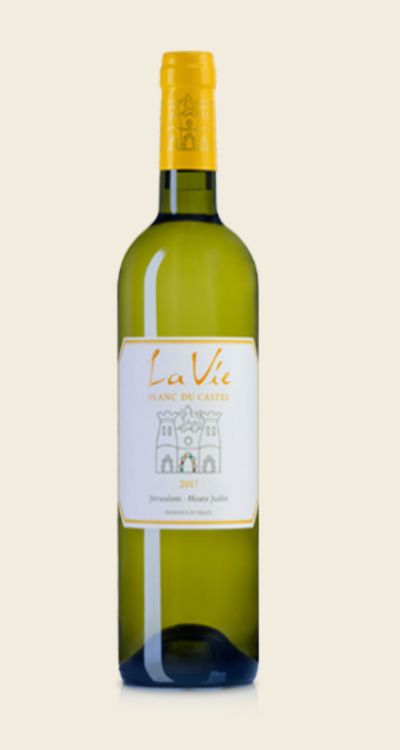
Last but not least is LaVie Blanc du Castel, from the very same Domaine du Castel that tops the list.
Less fancy than the ‘C’ Chardonnay, LaVie Blanc (and Rouge, for that matter) is a high-quality wine available at a friendlier price range than some of the premium wines above, making it a popular choice among wine lovers in Israel.
“Domaine du Castel’s LaVie series is a fun wine that blends three grape varieties,” Gan concludes. “It’s not fancy or sophisticated, but it’s a fun wine.”
On that note, happy holiday!




